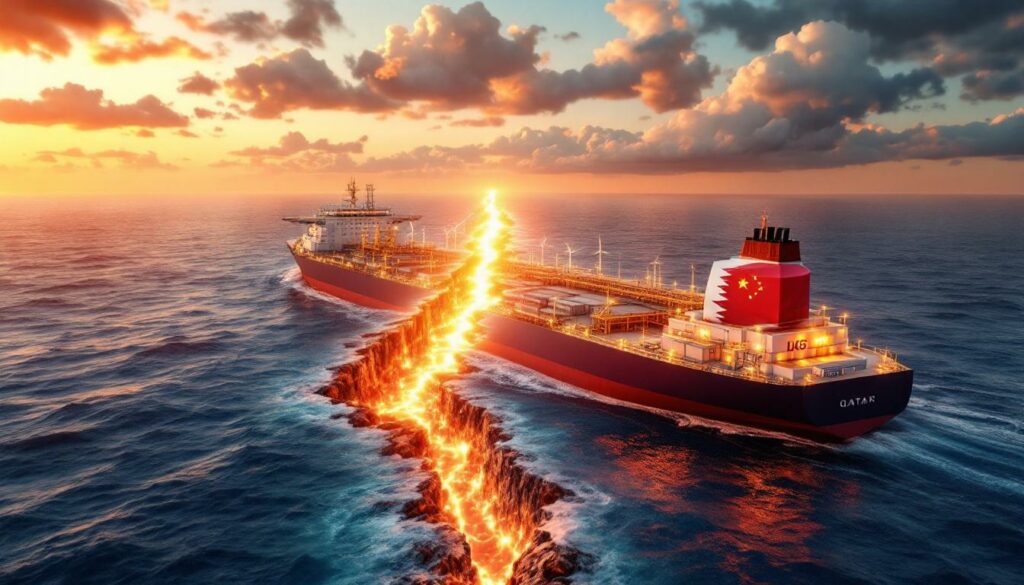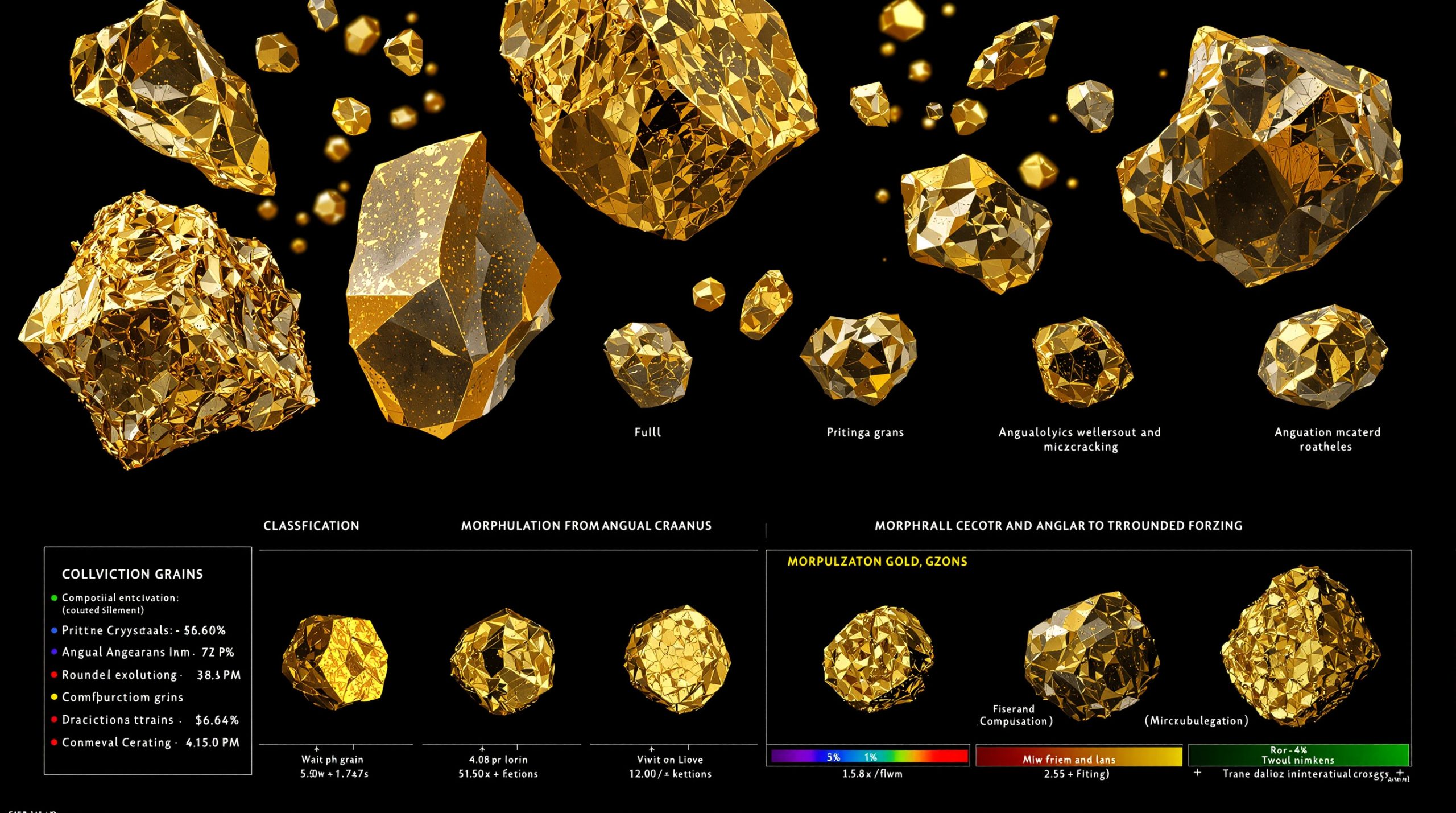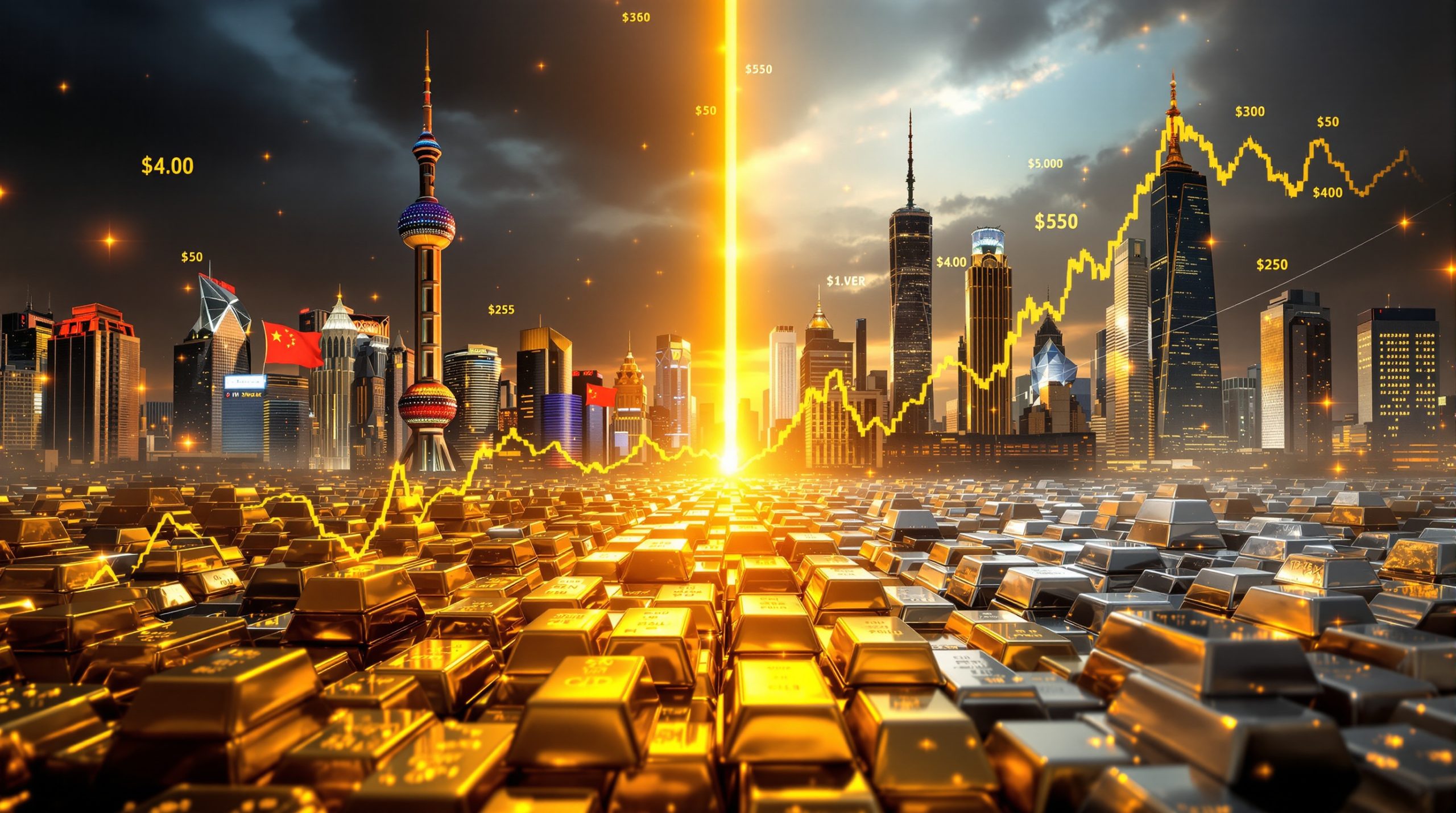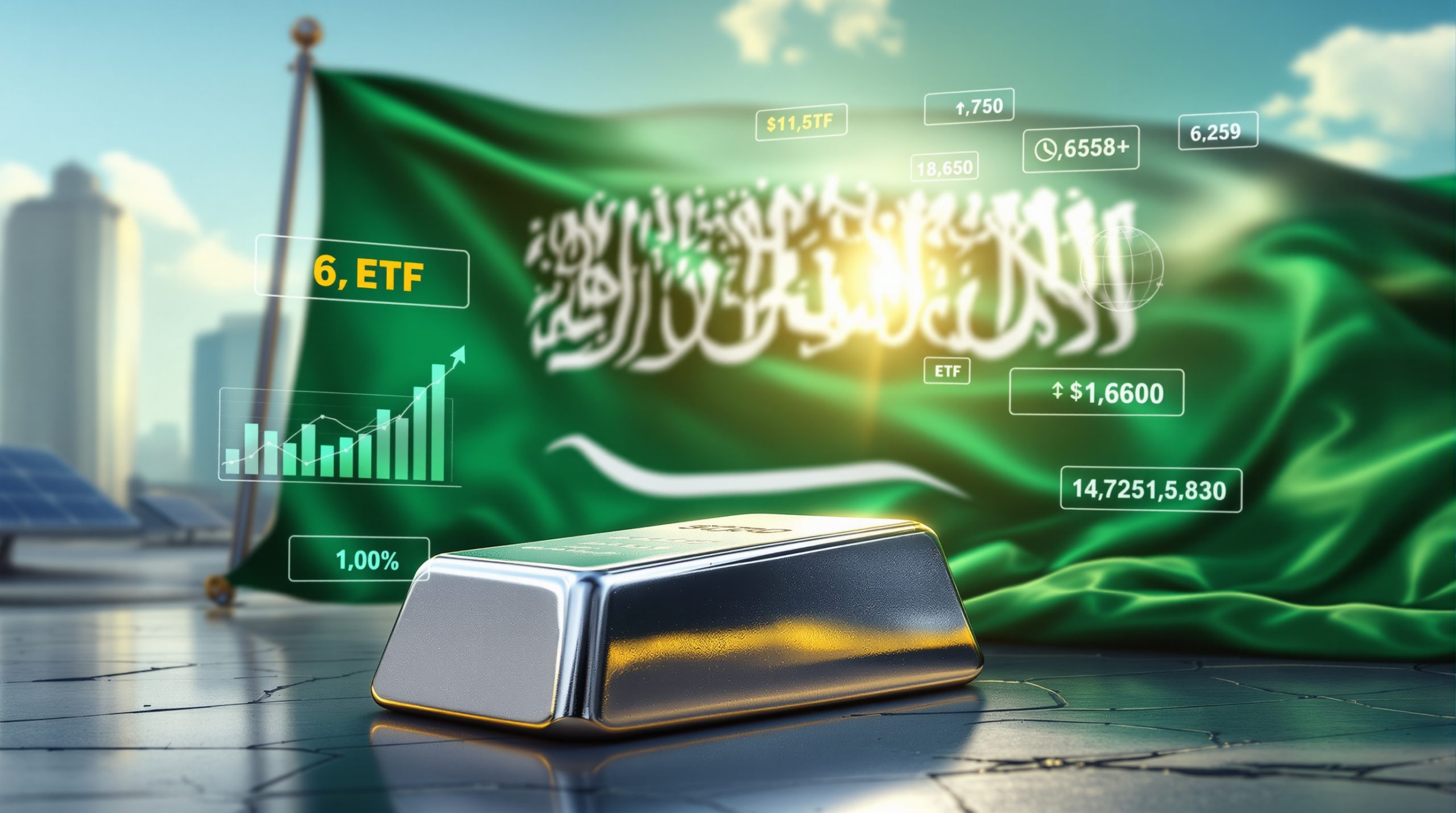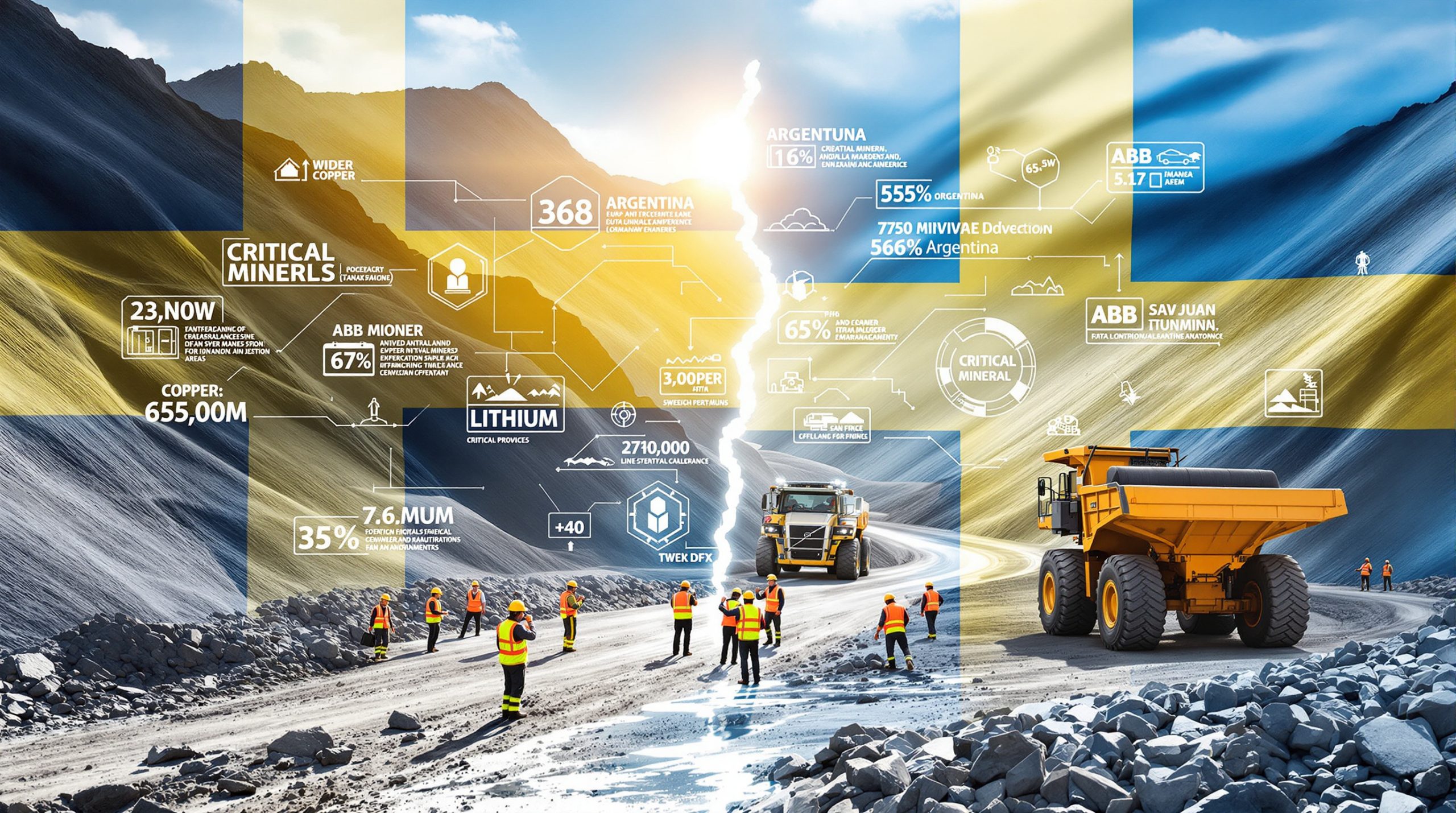How Does Qatar's LNG Warning Impact Europe's Energy Security?
Europe's energy landscape faces a new challenge as Qatar threatens to restrict LNG supplies over regulatory disputes. This potential disruption highlights the continent's ongoing struggle to balance energy security with sustainability goals. The confrontation between Qatar and the European Union exemplifies the delicate balance required to maintain reliable energy supplies while pursuing environmental and human rights standards.
Expert Insight: "Qatar's LNG warning represents more than just a regulatory dispute—it reveals the fundamental vulnerabilities in Europe's post-Russian energy strategy." – Energy Security Analysis
What Triggered Qatar's LNG Supply Warning to Europe?
The Corporate Sustainability Due Diligence Directive Controversy
The European Union's Corporate Sustainability Due Diligence Directive (CSDDD) has sparked significant tension with Qatar, one of Europe's critical LNG suppliers. This legislation requires large companies operating in Europe to identify and address adverse human rights and environmental impacts throughout their global value chains. The directive specifically applies to EU companies with over 1,000 employees and worldwide turnover exceeding EUR450 million (USD514 million).
Companies failing to comply could face penalties of up to 5% of their global turnover—a provision that has particularly alarmed Qatar. This ambitious regulatory framework aims to foster sustainable and responsible corporate behavior, but it has created unexpected tension with key energy partners operating under different regulatory standards.
Qatar's Official Response and Ultimatum
Qatar's Minister of State for Energy Affairs, Saad al-Kaabi, has publicly condemned the CSDDD as "ridiculous" during a forum in Doha in December. He explicitly "threatened at that point to end all LNG supplies to the E.U. if any of his country's companies were subject to penalties by dint of the CSDDD," according to reporting by Simon Watkins in OilPrice.com.
This confrontation has escalated with al-Kaabi reportedly sending a formal letter to the European Commission reiterating this position, demanding modifications to ensure Qatari companies remain exempt from potential penalties. The letter specifically requested that the directive "be modified to ensure that its companies do not face any penalties" under the new framework.
Why Is Europe's LNG Supply Strategy Vulnerable?
Current European LNG Supply Structure
Europe's LNG import landscape reveals significant vulnerabilities:
| Rank | LNG Supplier to Europe | Status | Future Outlook |
|---|---|---|---|
| 1 | United States | Secure | Expanding |
| 2 | Russia | At risk | Planned phase-out by 2027 |
| 3 | Qatar | Threatened | Expansion planned to 160M mtpa by 2030 |
As Europe's third-largest LNG supplier, Qatar delivered approximately 10 million metric tonnes to the continent last year—a critical volume that would be difficult to replace quickly if supplies were cut. This reliance on Qatar becomes even more significant considering the EU's plans to phase out all Russian LNG and gas by the end of 2027.
Post-Ukraine Invasion Energy Reconfiguration
The Russia-Ukraine conflict fundamentally altered Europe's energy security calculations. Following Russia's February 24, 2022 invasion, Europe rapidly sought alternative energy sources to reduce dependence on Russian supplies. This wasn't the first warning sign—Russia had previously demonstrated its willingness to use energy as a geopolitical tool during its 2008 incursion into Georgia and the 2014 annexation of Ukraine's Crimea region.
This emergency pivot made LNG particularly valuable due to its flexibility and transportability compared to pipeline gas, which requires extensive infrastructure development.
Key Insight: Europe's hasty transition away from Russian energy has created new dependencies that may prove equally problematic, particularly as regulatory frameworks clash with supplier expectations.
How Did Qatar Become Central to Europe's Energy Security?
Strategic Negotiations and Agreements
Qatar's position as a critical European energy partner didn't happen by chance. Following Russia's invasion of Ukraine, intensive diplomatic efforts helped redirect Qatar's LNG export priorities toward Europe. This diplomatic achievement culminated in several significant agreements:
- May 2022: Qatar signed a declaration of intent on energy cooperation with Germany aimed at becoming its key supplier of LNG
- December 2022: QatarEnergy and ConocoPhillips signed agreements to export LNG to Germany for at least 15 years starting in 2026
- Ongoing development of the Golden Pass terminal in Texas (70% owned by QatarEnergy, with ExxonMobil holding the remainder)
These agreements represented a strategic pivot for both Europe and Qatar, creating new interdependencies that are now being tested by regulatory disputes.
Qatar's Ambitious Expansion Plans
Qatar is positioning itself as the dominant global LNG supplier of the future, with plans to more than double its production capacity:
- Current capacity: 77 million metric tonnes per annum (mtpa)
- Targeted capacity by 2030: 160 million mtpa
- Projected global market share: At least 40% of all new LNG supplies worldwide by 2030
This expansion makes Qatar an indispensable energy partner for both Western nations and China, creating significant geopolitical leverage. The scale of Qatar's planned expansion explains why European leaders are particularly concerned about maintaining positive relations with the Gulf state.
What Are the Geopolitical Implications of Europe's LNG Vulnerability?
Shifting Global Alliances and Energy Flows
The potential redirection of Qatari LNG from Europe to China would have far-reaching consequences beyond immediate energy security concerns:
-
Strengthened China-Qatar Relations: China has already secured substantial LNG contracts with Qatar, including a 10-year purchase agreement signed by Sinopec and Qatar Petroleum for 2 million mtpa of LNG.
-
Western Alliance Cohesion: A major shift in Qatar's export priorities could strain the Western alliance, particularly if it coincides with other US-China trade war effects.
-
U.S.-Europe Energy Dependency: Without Qatari supplies, Europe would become even more dependent on US Natural Gas Forecast, raising questions about energy autonomy and security guarantees.
The EU has recently committed to purchasing USD750 million of U.S. energy in the next three years, indicating the increasing importance of transatlantic energy ties as alternatives to both Russian and potentially Qatari supplies.
The Taiwan Factor in Global Energy Security
The potential for increased Chinese influence over global LNG flows becomes particularly concerning when viewed alongside China's stated ambitions regarding Taiwan. Chinese President Xi Jinping has reportedly instructed his military to prepare for operations regarding Taiwan by 2027—a timeline that coincides with Qatar's expanded production capacity coming online.
Intelligence sources have indicated that "China had been broadly told by Russia of its plans for a 'large-scale special operation' in Ukraine months before it happened," raising concerns about information sharing between energy partners that could affect global security dynamics.
What Options Does Europe Have to Address Its Energy Vulnerability?
Diversification Strategies
Europe must pursue multiple parallel strategies to reduce its vulnerability to LNG supply disruptions:
-
Accelerated Renewable Energy Deployment: Reducing overall gas demand through faster transition to renewable energy sources, including:
- Offshore wind expansion in the North Sea
- Solar capacity growth in southern European nations
- Green hydrogen development as a gas alternative
-
Expanded LNG Import Infrastructure: Building additional import terminals to accommodate supplies from diverse sources, with new facilities planned or under construction in:
- Germany (Wilhelmshaven, Brunsbüttel)
- Poland (expansion of Świnoujście terminal)
- Greece (Alexandroupolis FSRU)
-
Strategic Gas Storage: Enhancing storage capacity to buffer against short-term supply disruptions, with targets to maintain minimum storage levels of 80% capacity before winter periods.
-
Diplomatic Engagement: Working to resolve the regulatory disputes with Qatar while maintaining sustainability commitments, potentially through:
- Phased implementation of CSDDD requirements
- Technical assistance for compliance
- Sector-specific exemptions or adaptations
The U.S. LNG Supply Potential
The United States represents Europe's most promising alternative LNG supplier:
- Current U.S. LNG capacity: Over 90 million mtpa
- Projected increase by 2030: At least 75 million mtpa
- Recent EU commitment: $750 million in U.S. energy purchases over three years
However, this increasing dependence on U.S. supplies raises questions about energy security guarantees, particularly in light of shifting U.S. foreign policy priorities and commitments to NATO allies.
How Does Europe's Energy Dilemma Reflect Broader Global Challenges?
Balancing Sustainability and Security
Europe's conflict with Qatar exemplifies the fundamental tension between advancing sustainability goals and maintaining energy security. The CSDDD represents Europe's commitment to environmental and human rights standards, yet implementing these standards threatens relationships with key energy suppliers operating under different regulatory frameworks.
This dilemma reveals a broader challenge for global governance: how to implement ethical standards across supply chains without creating new security vulnerabilities or simply shifting environmental and human rights impacts to less regulated regions.
The Fragility of Post-Russian Energy Arrangements
The current situation demonstrates that Europe's post-Russian energy strategy remains precarious. While Europe has successfully reduced its dependence on Russian gas, its new supply arrangements come with their own vulnerabilities and energy exports challenges. Additionally, global oil market trends add further complexity to Europe's energy planning.
Key Insight: Europe's energy transition involves not just technical challenges of new infrastructure and supply sources, but also complex diplomatic balancing acts between sustainability goals and security imperatives.
The Qatar LNG warning highlights how Europe's fragile energy strategy remains dependent on suppliers with their own strategic interests and regulatory expectations, creating ongoing tension between values-based policy and practical energy security needs.
What Lessons Can Be Learned From Europe's LNG Predicament?
The Need for Comprehensive Energy Security Planning
Europe's current predicament highlights several critical lessons for energy policy:
-
Regulatory Coordination: Energy security and sustainability regulations must be coordinated to avoid unintended consequences for supply security. Future directives should include comprehensive impact assessments on supply relationships.
-
Supplier Diversification: Overreliance on any single supplier or region creates vulnerability, regardless of political alignment. True energy security requires multiple, redundant supply options.
-
Indigenous Production: The value of domestic energy production capabilities becomes increasingly apparent during supply crises. Europe's declining natural gas production has increased its vulnerability to external pressures.
-
Infrastructure Flexibility: Energy systems must be designed with redundancy and flexibility to accommodate rapid shifts in supply patterns, including:
- Bidirectional pipeline capacity
- Strategic LNG storage facilities
- Flexible contract arrangements with multiple suppliers
These lessons extend beyond Europe to all regions seeking to balance the triple imperatives of energy security, affordability, and sustainability in an increasingly complex geopolitical environment, where oil price movements can have far-reaching effects.
FAQ: Europe's LNG Supply Challenges
How much LNG does Europe currently import from Qatar?
Europe imports approximately 10 million metric tonnes of LNG annually from Qatar, making it the continent's third-largest supplier after the United States and Russia.
What is the CSDDD and why is it controversial?
The Corporate Sustainability Due Diligence Directive requires large companies operating in Europe to address human rights and environmental impacts throughout their global value chains, with penalties of up to 5% of global turnover for non-compliance—provisions that Qatar views as potentially punitive to its companies.
Could the U.S. replace Qatar's LNG supplies to Europe?
While U.S. LNG production is expanding significantly, immediately replacing Qatar's 10 million tonnes of annual supply would strain existing capacity and likely increase prices due to competition with Asian buyers.
What is Qatar's timeline for expanding LNG production?
Qatar plans to more than double its LNG production from 77 million mtpa to 160 million mtpa by 2030, which would make it responsible for approximately 40% of all new global LNG supplies.
How does China factor into Europe's LNG security equation?
China has already secured significant long-term LNG contracts with Qatar and would likely absorb any supplies diverted from Europe, potentially strengthening China's energy security at Europe's expense.
Further Exploration:
Readers interested in learning more about the evolving dynamics of global LNG markets and Europe's energy security challenges can also explore related educational content, such as the analysis "Qatar's LNG Warning Highlights Europe's Fragile Energy Strategy" on DW.com.
Disclaimer: This article contains speculative analysis regarding future energy market developments and geopolitical scenarios. While based on current trends and expert assessments, actual outcomes may differ significantly due to rapidly changing political, economic, and technological factors.
Want to Spot the Next Major Mineral Discovery?
Discovery Alert's proprietary Discovery IQ model provides real-time notifications when significant ASX mineral discoveries are announced, turning complex geological data into actionable investment insights. Explore our dedicated discoveries page to understand how major mineral finds have historically delivered exceptional returns for early investors.
